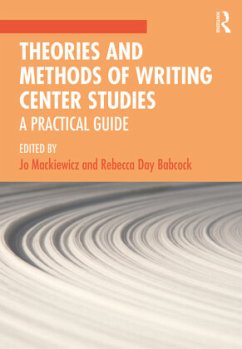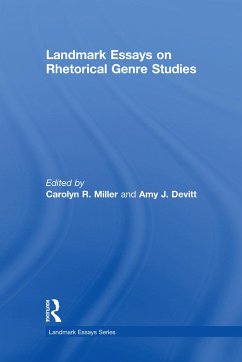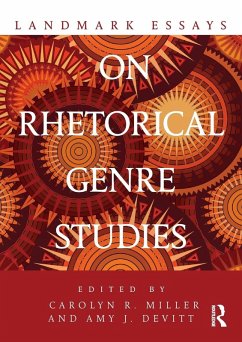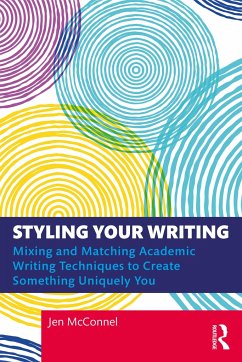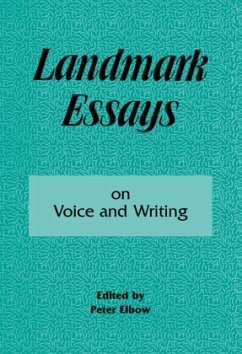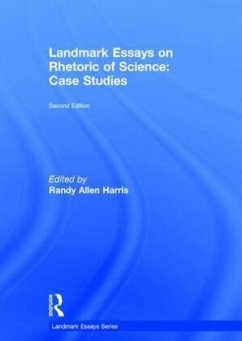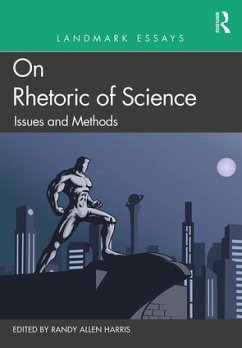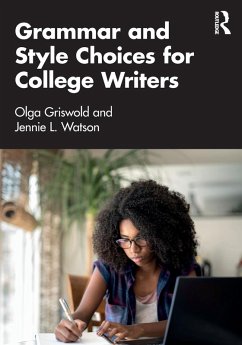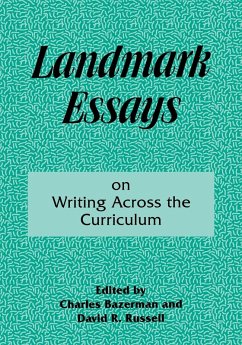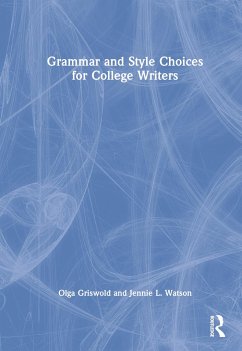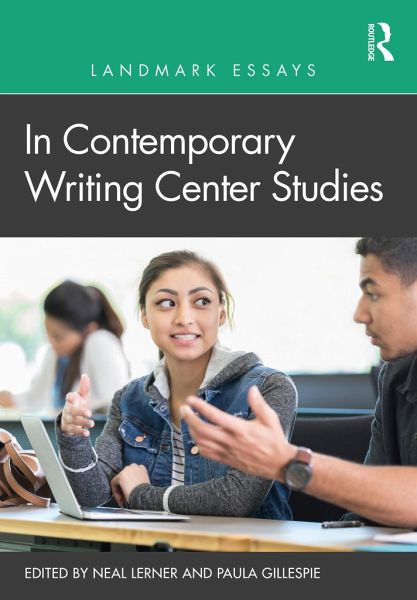
Landmark Essays in Contemporary Writing Center Studies
Versandkostenfrei!
Versandfertig in 6-10 Tagen
61,99 €
inkl. MwSt.
Weitere Ausgaben:

PAYBACK Punkte
31 °P sammeln!
This volume collects essential writings in the field of writing center studies as it has blossomed and developed since the 1995 publication of Landmark Essays on Writing Centers.These writings offer a new generation of writing center readers' provocative ideas and research-based praxis on the topics covered in the book's four parts: Writing Center History, Critical Perspectives on Current Practices, Writing Center Research, and Writing Centers in New Spaces. Its provocative chapters discuss issues including student agency, collaboration, social justice and marginalized populations, community e...
This volume collects essential writings in the field of writing center studies as it has blossomed and developed since the 1995 publication of Landmark Essays on Writing Centers.
These writings offer a new generation of writing center readers' provocative ideas and research-based praxis on the topics covered in the book's four parts: Writing Center History, Critical Perspectives on Current Practices, Writing Center Research, and Writing Centers in New Spaces. Its provocative chapters discuss issues including student agency, collaboration, social justice and marginalized populations, community engagement, and online writing instruction.
Landmark Essays in Contemporary Writing Center Studies provides an up-to-date introduction to new students and a useful reference for long-time practitioners. It is essential reading for undergraduate and graduate students in composition and education, as well as writing center staff and directors.
These writings offer a new generation of writing center readers' provocative ideas and research-based praxis on the topics covered in the book's four parts: Writing Center History, Critical Perspectives on Current Practices, Writing Center Research, and Writing Centers in New Spaces. Its provocative chapters discuss issues including student agency, collaboration, social justice and marginalized populations, community engagement, and online writing instruction.
Landmark Essays in Contemporary Writing Center Studies provides an up-to-date introduction to new students and a useful reference for long-time practitioners. It is essential reading for undergraduate and graduate students in composition and education, as well as writing center staff and directors.





